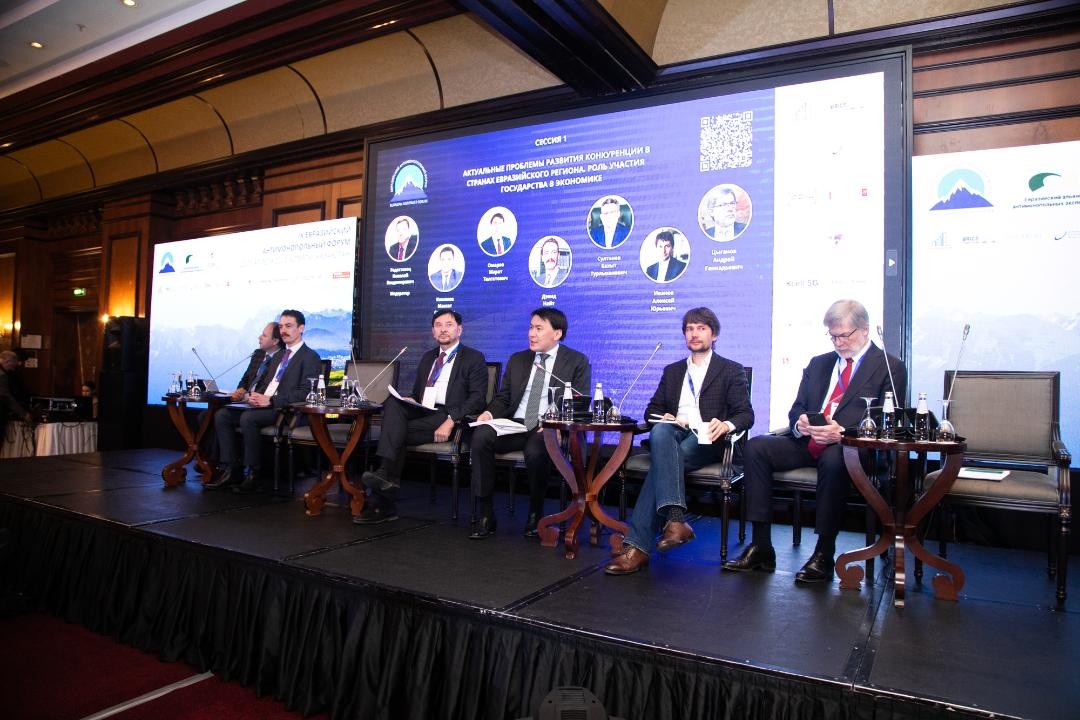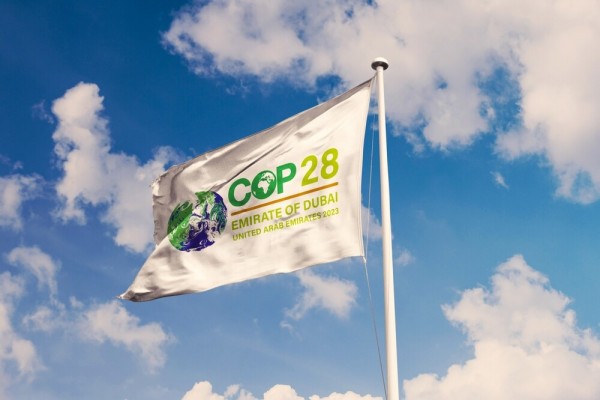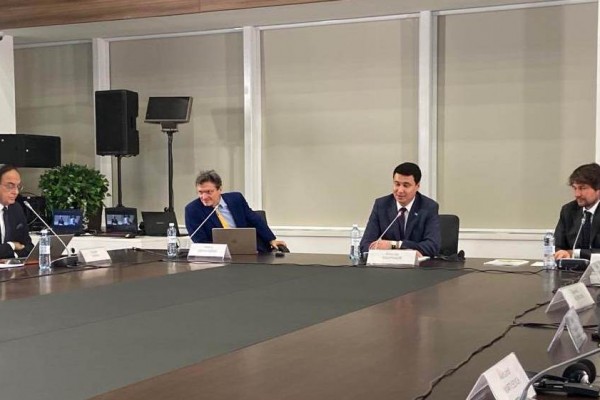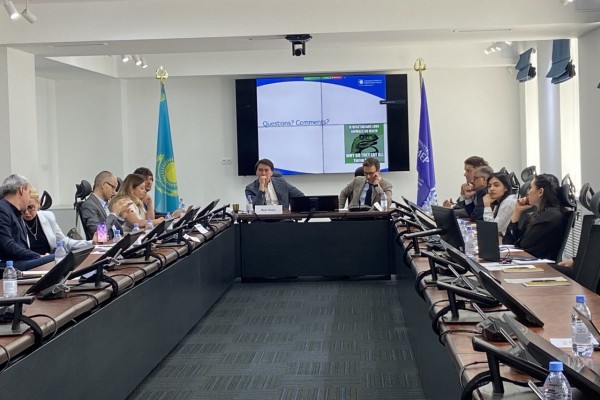On 20 April the Director of the BRICS Competition Centre Alexey Ivanov spoke at the plenary session on the topic “Current Problems of Competition Development in the Eurasian Region. The Role of the State in the Economy”, which was held as part of the IX Eurasian Antitrust Forum 2023 in Almaty, Kazakhstan.
Speaking at the antitrust forum, Marat Omarov, Chairman of the Agency for Protection and Development of Competition (APDC)of the Republic of Kazakhstan, noted that a negative trend can be seen in the work of the APDC on demonopolization of the economy - the growth of state participation in commodity markets, in other words, state monopoly.
"State involvement in business is expanding significantly, although it should only be decreasing, even in areas where it has not historically been present. These are the markets that are present in everyone's daily life",
said Marat Omarov.
Monopolization caused the decrease of the competition level for the client and the quality of services at the markets of telecommunications, air transportation, mortgage lending and many others. As a result, the existing market structure reduces incentives for price competition and cost optimization and negatively affects the quality and timing of services.
Getting rid of monopoly in the economy, restoring fairness and creating conditions for fair competition are important principles of the new economic policy of Kazakhstan, as the President of Kazakhstan K.K. Tokayev has repeatedly pointed out.
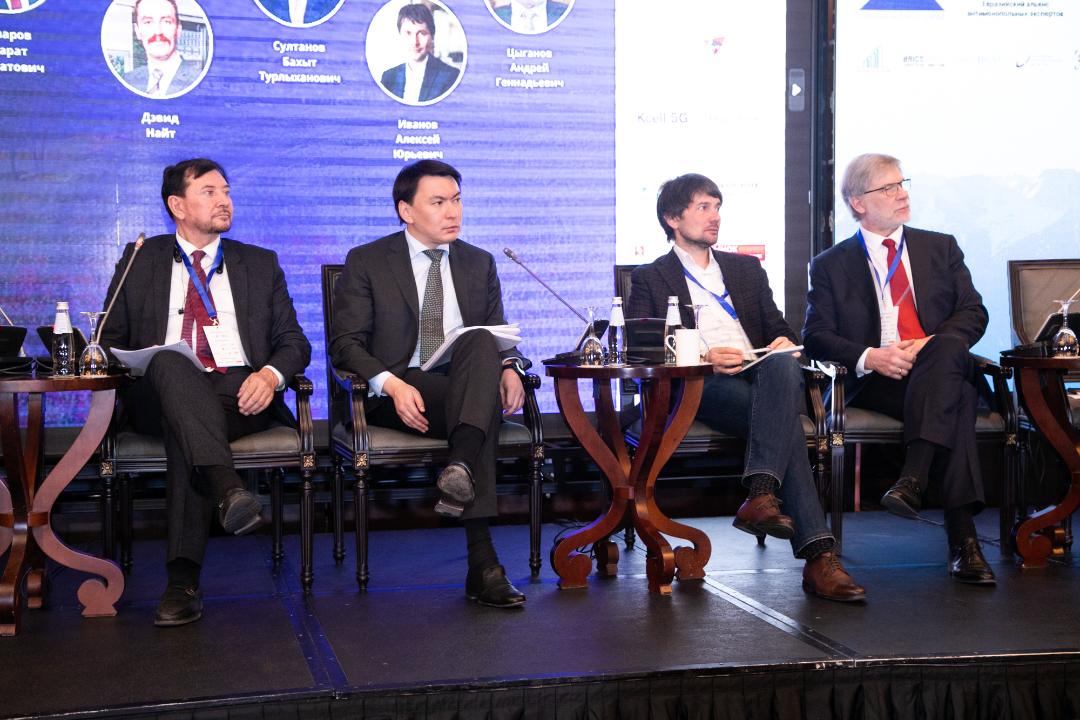
Alexey Ivanov, Director of the BRICS Centre, noted that state monopolies resemble trusts in the United States and the syndicates of the Russian Empire in the early 20th century. In an attempt to capture the flexible and volatile nature of trusts, which eluded traditional methods of regulation, antitrust was born, and in 1890 the Sherman Act was passed to protect trade and commerce from unlawful restrictions and monopolies.
In an era of permanent global crisis, antitrust law is an appropriate tool to moderate the market. It has become a response to the uncertainties of an ever-changing economic reality and can now be applied as an economic stabilization mechanism.
"Control and supervisory activities set strict ex ante rules, while antitrust just works with uncertainty - economic risk, innovation, and the dynamics of markets."
Alexey Ivanov stressed.
However, in Russia, under the current difficult economic circumstances, there is, on the contrary, a tendency to depart from the antitrust logic. In March 2022, a three-year moratorium on inspections of the IT business, which is now highly susceptible to monopolization, Ivanov said. In the U.S. during the Great Depression, there was also a waiver of antitrust regulation in exchange for higher basic wages and production efficiency. At the same time monopolies freed from administrative control did not bring the expected economic effect. President Roosevelt's New Deal (1935-1941) was characterized by a more aggressive use of antitrust legislation to correct earlier mistakes.
Antitrust was used as an anti-crisis solution during the post-war reconstruction of Europe and in South Africa to overcome the effects of the apartheid regime, reminded the director of the BRICS Centre. In Kazakhstan, the presidential decree of December 31, 2020, actually proclaimed the development of competition as a national idea:
"To declare the promotion of competition and the introduction of a proactive competition policy in the Republic of Kazakhstan as a priority."
In conclusion, Alexey Ivanov expressed his hope that the Government of Kazakhstan would continue to rely on the freedom of competition and private initiative as the main tools to overcome the turbulence in the economy.
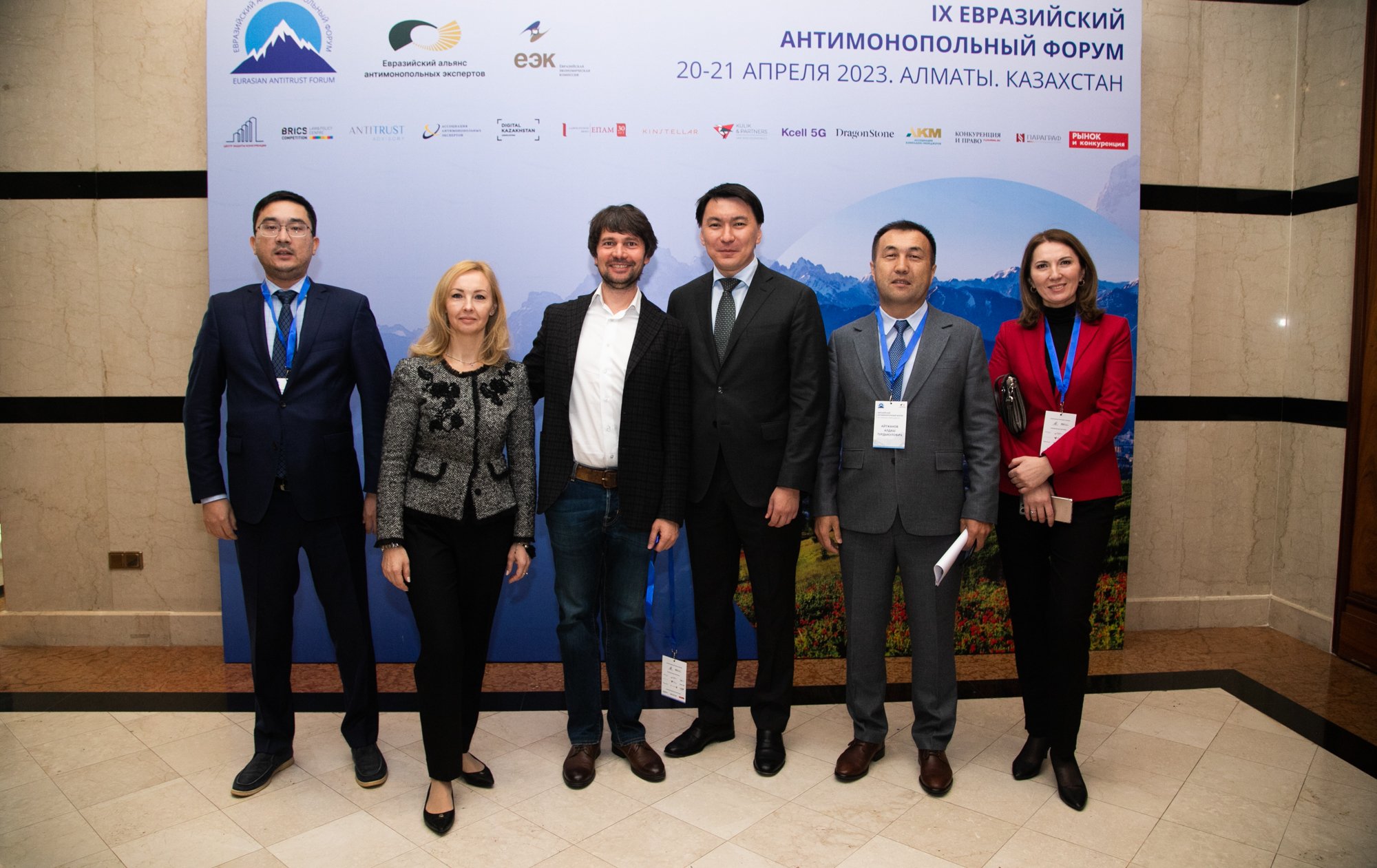
The Eurasian Antitrust Forum - the main event in the sphere of development of competition and antimonopoly regulation on the territory of the EAEU - has been in Kazakhstan since 2014. From 2014 to 2022, the organizer of the Forum was the Competition Protection Center. This year the Forum was held under the auspices of the newly created Eurasian Alliance of Antimonopoly Experts.
